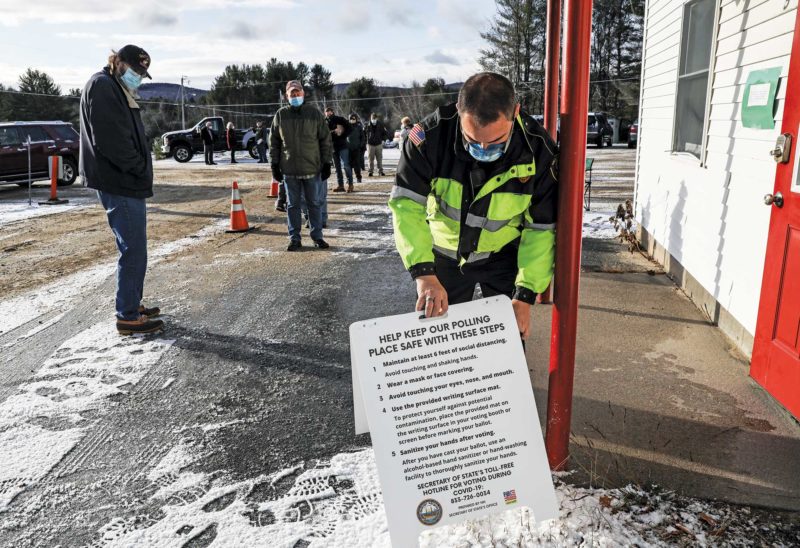Community nonprofits — many of which are on the front lines during the COVID-19 crisis — are facing sharply decreased revenues and increased demand for services.
The CARES Act, signed into law in late March, makes some changes to charitable deductions for individuals and businesses that we hope will encourage increased charitable giving during this challenging time. While we know that tax benefits are not among the primary reasons people give, we wanted to share these changes and encourage people to give as generously as they can to the nonprofits that are supporting our communities:
All taxpayers can now deduct up to $300 in cash contributions to nonprofits in 2020, regardless of whether they itemize deductions or take the standard deduction.
The law lifts the existing annual cap on cash contributions for those who itemize, raising it from 60 percent of adjusted gross income to 100 percent.
For corporations, the law raises the annual contribution limit from 10 percent of taxable income to 25 percent.
Corporations may now deduct up to 25 percent of taxable income in food donations — up from 15 percent.
Please note that these changes apply to cash gifts to public charities only, and do not apply to donations to donor-advised funds, supporting organizations or private foundations.
The Charitable Foundation encourages people to consult their financial advisors about giving in 2020, and to give as generously as they can.
This article is informational and educational in nature. It is not offering professional tax, legal, or accounting advice. For specific advice about the effect of any planning concept on your tax or financial situation or with your estate, please consult a qualified professional advisor.


















